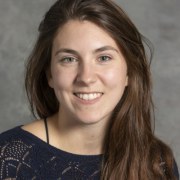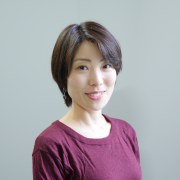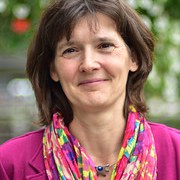The Covid-19 pandemic clearly impacted everyday science learning as many institutions had to seek alternatives to face-to-face interactions and adapt their offerings due to lockdown measures. In such times, collaboration between researchers and practitioners proved to be of great value in creating innovative solutions to aid inclusion and diversity. This session will explore three stories of new equitable practises in informal science education. The case studies offer global insights; from the Dutch association of science centres, to academia in Japan and Unizulu Science Centre in South Africa. The session will run in three parts: the presentation of the three projects which bring key issues to life, before participants join one speaker of interest for an interactive discussion, and ending with a discussion of our learnings.
Facilitator
Session legacy
Derek’s session: The problems that Derek discussed with his group focused mostly on overcoming the digital divide in covid times. In setting up good materials role models are very important. Language problems should be overcome (Zulu / Suid Afrikaans / English) and serious attention should be given to costs.
Yuko’s session: David Jones from the Life Centre (New Castle) wanted to know whether the innovations in Miraikan were made with the groups involved? (They were not, only in terms of evaluation). It would be great if Miraikan could start involving the target audiences (participants) from the start, especially with autism related groups. And David also wanted to know – how does the tool for those with hearing problems (the display) deal with accents? It does not yet – interesting aspect.
Liesbeth’s session: Group was interested in what suggestions the students had made (Evolution talks idea was interesting; but also more women in science museum portrayed; and special exhibits for the neurodivergent). Another key issue is how to get the message of more EDI to the visitors. It would be nice and worth while to communicate that.



